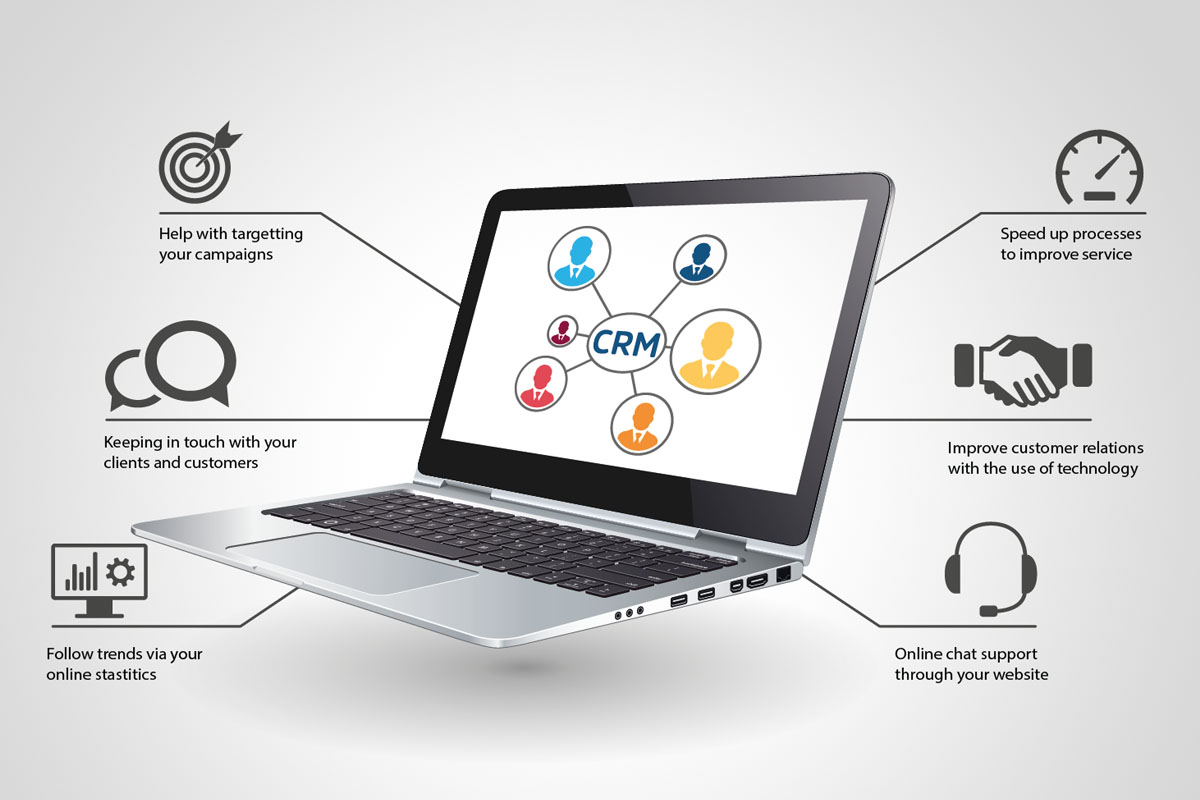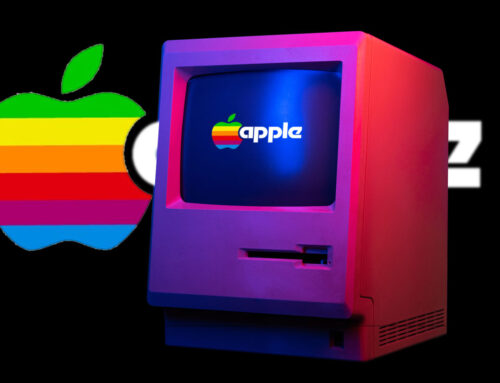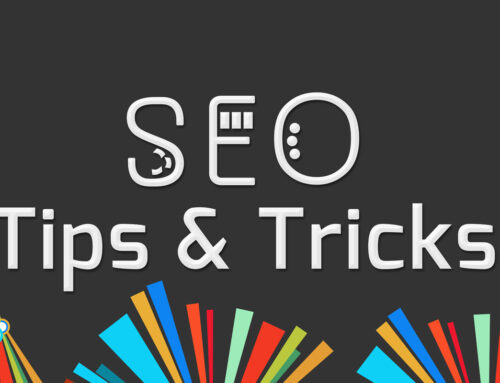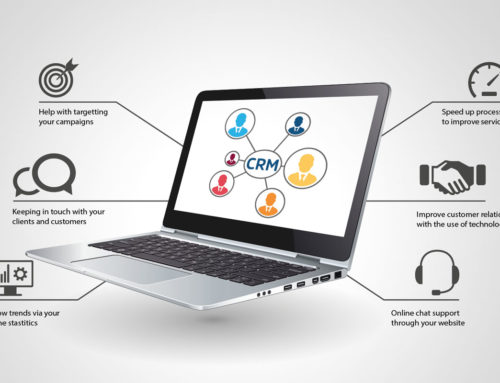What is a Customer Relationship Management (CRM system)!
Its an approach to managing a company’s interaction with current and potential customers. It uses data analysis about customers’ history with a company to improve business relationships with customers, specifically focusing on customer retention and ultimately driving sales growth.
One important aspect of the CRM approach is the systems of CRM that compile data from a range of different communication channels, including a company’s website, telephone, email, live chat, marketing materials and more recently, social media. Through the CRM system approach and the systems used to facilitate it, businesses learn more about their target audiences and how to best cater to their needs.
Types of CRM Systems you may need…
There are different types of CRM systems out there
Below are some of the key types that are required.
Strategic
Strategic CRM is concentrated upon the development of a customer-centric business culture.
Operational
The primary goal of customer relationship management systems is to integrate and automate sales, marketing, and customer support. Therefore, these systems typically have a dashboard that gives an overall view of the three functions on a single customer view, a single page for each customer that a company may have. The dashboard may provide client information, past sales, previous marketing efforts, and more, summarizing all of the relationships between the customer and the firm. Operational CRM Systems made up of 3 main components: sales force automation, marketing automation, and service automation.
Sales force automation works with all stages in the sales cycle, from initially entering contact information to converting a prospective client into an actual client. It implements sales promotion analysis, automates the tracking of a client’s account history for repeated sales or future sales and coordinates sales, marketing, call centers, and retail outlets. It prevents duplicate efforts between a salesperson and a customer and also automatically tracks all contacts and follow-ups between both parties.
Marketing automation focuses on easing the overall marketing process to make it more effective and efficient. CRM tools with marketing automation capabilities can automate repeated tasks, for example, sending out automated marketing emails at certain times to customers, or posting marketing information on social media. The goal with marketing automation is to turn a sales lead into a full customer. CRM systems today also work on customer engagement through social media.
Service automation is the part of the CRM system that focuses on direct customer service technology. Through service automation, customers are supported through multiple channels such as phone, email, knowledge bases, ticketing portals, FAQs, and more.
Analytical
The role of analytical CRM systems is to analyze customer data collected through multiple sources and present it so that business managers can make more informed decisions.[16] Analytical CRM systems use techniques such as data mining, correlation, and pattern recognition to analyze the customer data. These analytics help improve customer service by finding small problems which can be solved, perhaps by marketing to different parts of a consumer audience differently.[12] For example, through the analysis of a customer base’s buying behavior, a company might see that this customer base has not been buying a lot of products recently. After scanning through this data, the company might think to market to this subset of consumers differently, in order to best communicate how this company’s products might benefit this group specifically.
Collaborative
The third primary aim of CRM systems is to incorporate external stakeholders such as suppliers, vendors, and distributors, and share customer information across groups/departments and organisations. For example, feedback can be collected from technical support calls, which could help provide direction for marketing products and services to that particular customer in the future.
Customer Data Platform
Main article: Customer data platform
A customer data platform (CDP) is a computer system used by marketing departments that assembles data about individual people from various sources into one database, with which other software systems can interact. As of February 2017 there were about twenty companies selling such systems and revenue for them was around US$300 million.
Notable CRM Systems out there…
HubSpot
![]() At the moment my favourite is HubSpot seems good (winner of best CRM 2019) Free to start with upgrade paths.
At the moment my favourite is HubSpot seems good (winner of best CRM 2019) Free to start with upgrade paths.
It is linked to multiple places where most sales processes occur, such as phone calls, emails, websites, social media, and others. Finally, the system easily integrates into your process, and you don’t have to make changes. Your team can learn to use the app quickly and effectively and focus on selling and other important tasks. Some of the popular business systems it integrates with are Shopify, Zapier, Salesforce, and Microsoft Dynamics, as well as many other tools.
NetSuite CRM
Powerful CRM solution NetSuite CRM is designed to cater to the needs of small and medium businesses across a range of industries, including manufacturing, retail, wholesale distribution, and more.
Pipedrive
What makes Pipedrive stand out among the scores of apps in the market? The main benefit is it helps you efficiently manage your organization’s sales pipeline. The solution assists you in identifying promising leads and priority deals so that you can pay individual attention to them.
Zoho CRM
Web-based platform Zoho CRM is a widely used solution designed to help businesses to attract, retain, and satisfy customers. You can link Zoho CRM to your customers’ Twitter and Facebook pages. Then, you can categorize them as contacts or leads, send invitations, and share comments to connect with them.
Pipeliner
One of Pipeliner’ s most unique features is that it visualizes everything in terms of the sale pipeline. You can build multiple pipelines to categorize leads and contacts, map sales-related tasks, and track opportunities. The platform comes with features for all stages of the sales pipeline. Users can build multiple pipelines to organize leads and contacts, nurture leads, map out sales-related tasks, and track opportunities. Meanwhile, it also comes with robust features for manages in the form of report generation that uses advanced business intelligence. This gives managers an accurate picture of the team’s performance.
Salesforce CRM
Popular CRM tool Salesforce Sales Cloud comes from the Salesforce stable that includes separate solutions for community cloud, service, marketing, and analytics. The system helps track all customer interactions and information in a single location and follow up on more leads. You can use features such as partner management, sales data, lead management, and marketing automation to follow these leads and nurture them for conversion.
Method:CRM
Method:CRM is cloud-based CRM software designed to help small businesses do their best work. Our two-way integration with QuickBooks empowers you to close deals faster and eliminate double data entry, while our 100% customizable platform allows you to automate your business’s unique workflows. Whether you need simplified contact management, better activity tracking, more accurate estimating, or something else entirely, Method has a solution for you. Method:CRM is the top-rated CRM for QuickBooks, with over 1,200 five-star reviews on Intuit’s apps.com.
You may also be interested in:






